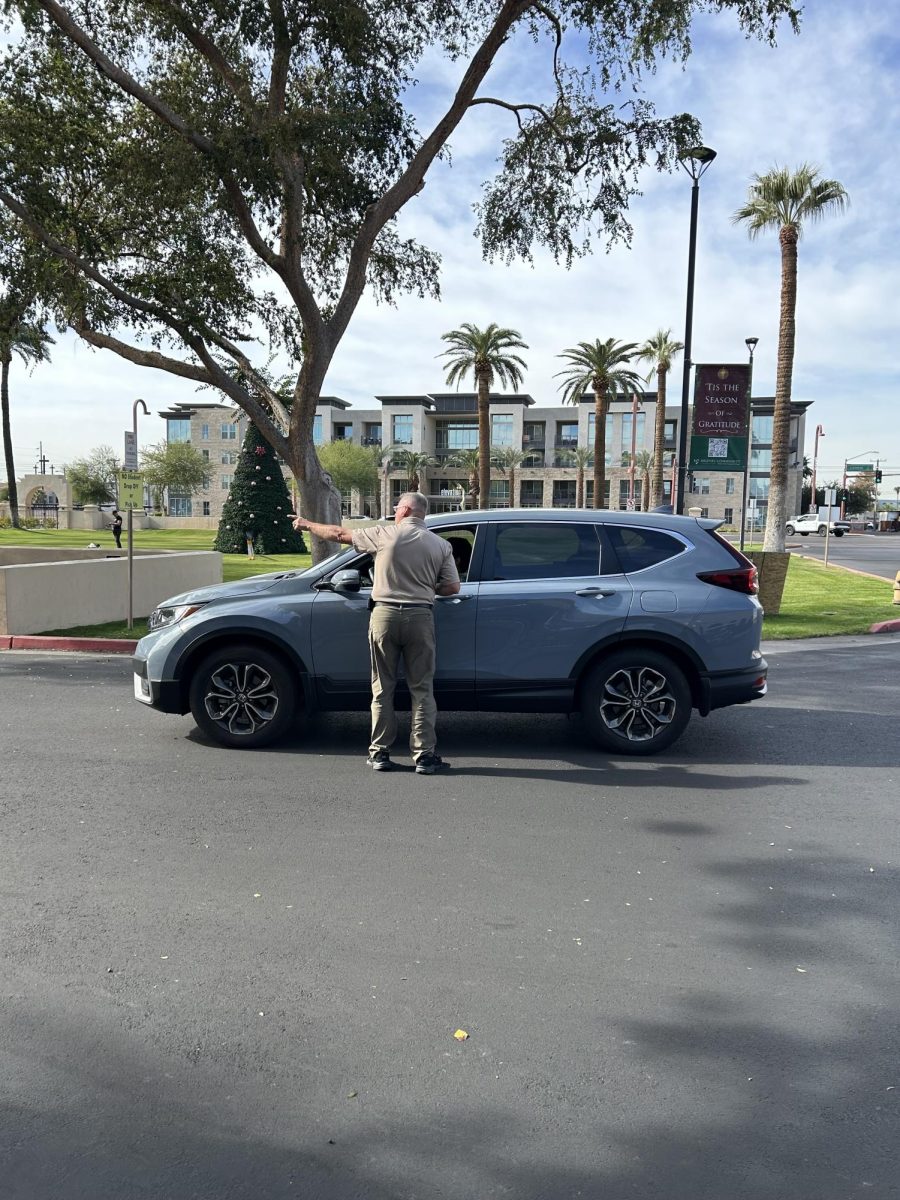PRO/CON
By Carl Justice ’21
THE ROUNDUP
On or before Nov. 3, millions of Americans will submit their ballots for the 2020 election. As they submit their ballots, many focus on their presidential selection. And, while voting is definitely important, especially in down-ballot races, individual voters often have little to no say over who wins the presidency because the electoral college is an inherently unfair institution. It makes some voters’ choices more important than others in a myriad of ways.
Being in a swing state, Arizonans know that their votes can shape the presidential election. Unfortunately, voters in other states are likely not in this situation. States like California, for example, are rarely campaigned in. In fact, the eight swing states that Politico projects will be the most important for the 2020 election only represent about a quarter of the US population. However, a 2016 Brookings study found that 75% of campaign spending occurs in those states. Candidates clearly see that they can get away with neglecting much of the population, instead zeroing in on a select few states.
This happens because 48 states use a winner-take-all method of determining electoral college votes. If 60% of a state’s population, for example, votes one way, the other 40% or so see nothing from their vote as electors simply choose the party that got the most selections. In a world without the electoral college, candidates would be encouraged to turn that 40% into 45%, even if they will inevitably never actually win the most votes. That extra five percent could ensure their victory, encouraging them to listen to every state in the process.
Unfortunately, swing states do more damage than simply making some states’ votes mean more. It also means that certain groups of people are represented in the election at a higher degree than others. For example, a 2016 study by Andrew Gelman, a professor at Columbia University, and Pierre-Antoine Kremp, an assistant professor at HEC Paris, found that because votes in swing states matter dramatically more than non-swing state votes and swing states are not completely representative of the US population, “whites have 16 percent more power than blacks once the Electoral College is taken into consideration, 28 percent more power than Latinos, and 57 percent more power than those who fall into the other category.”
Another concern the electoral college causes is that people living in smaller states see their votes matter proportionally more. In fact, according to The Guardian, California’s population of 39.5 million led to 55 total electoral votes. On the other hand, the 22 least populous states combined for a population of 37.8 million and yet had 96 electoral votes.
While many supporters of the electoral college argue that this ensures that rural populations are given a chance to see their votes matter, it does not necessarily work that way. According to The New York Times, 60 million people live in rural areas. They are not just confined to rural states, however, Four million live in California and over one million in New York, opening interests up to them as well. Moreover, eliminating the electoral college actually forces candidates to campaign in rural areas, something that is almost completely neglected outside of swing states in the status quo.
Another common counterargument is that candidates can win simply off of big cities. However, The New York Times disproves that. A candidate would need to win every single vote in the states with the ten highest populations to win the election. Now that a winner-take-all system is gone, there is no feasible way for candidates to win solely off of larger metropolitan areas.
A true democracy should allow everyone to have a say in who their leaders are. Right now, we simply don’t have that. For this reason, the electoral college must be abolished to ensure that everyone, whether they live in Arizona, another swing state or any state in the country, see their vote count.
See below for article arguing in support of the Electoral College…











